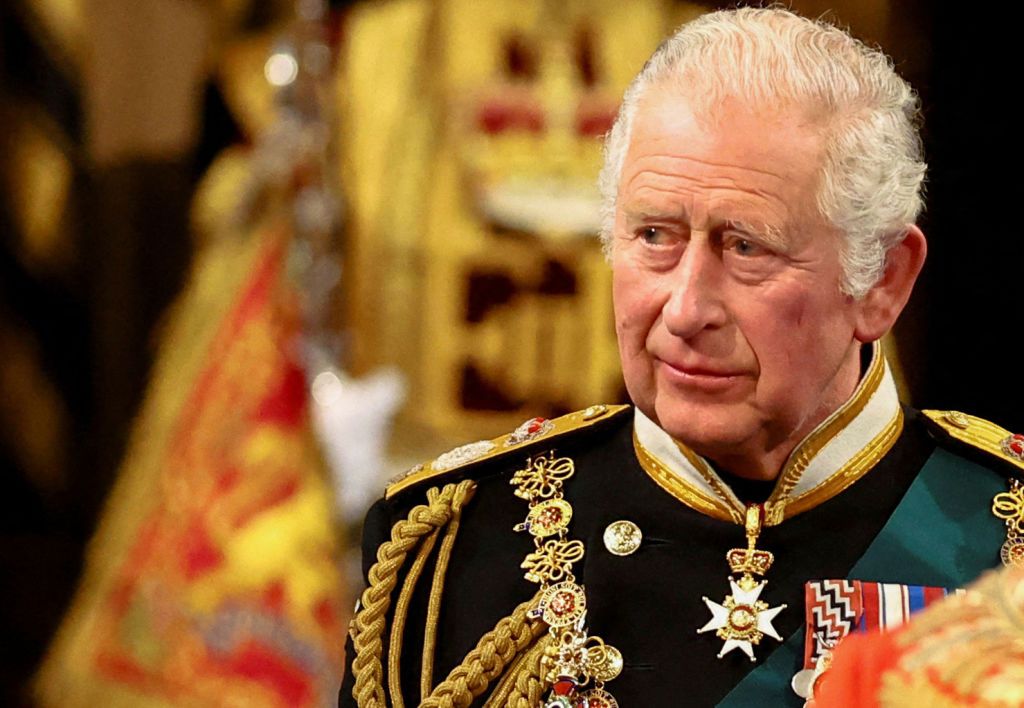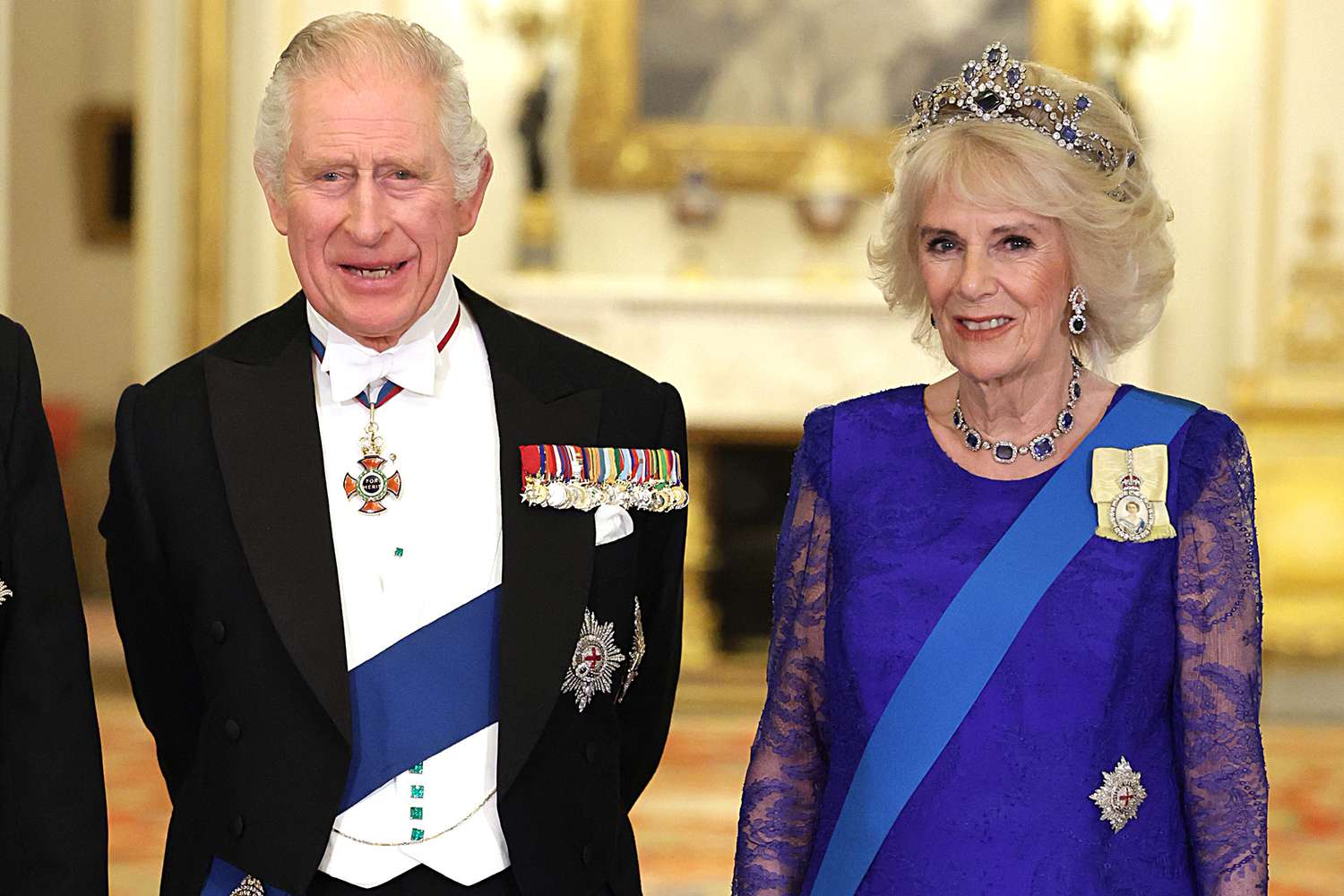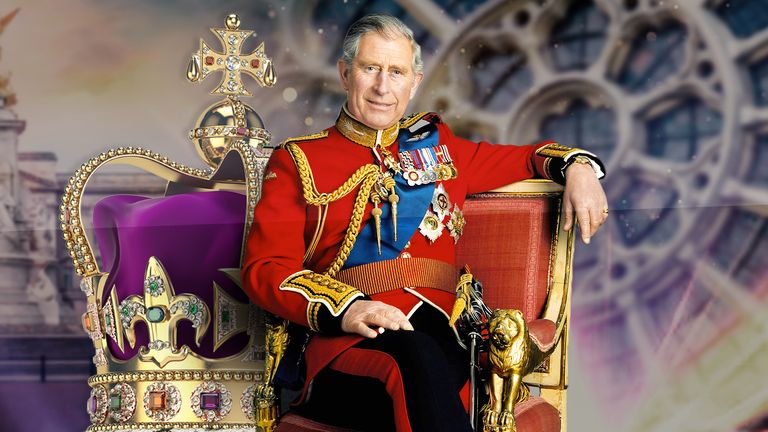Britain awoke Saturday to a once-in-a-generation royal event: King Charles III and Queen Camilla's coronation in a magnificent ceremony at Westminster Abbey in London.
While Charles became King after his mother, Queen Elizabeth II, died in September of last year, the coronation is the monarch's solemn crowning.
Charles will be legally crowned, given various ceremonial artefacts, and recognized as King by multiple representatives of the British state in a ceremony scheduled to take at least two hours.
The road that King Charles and Queen Camilla will walk in procession from Buckingham Palace, the official London residence of the British monarchy, to Westminster Abbey, the nation's coronation cathedral since 1066, has been closed for several days.

Did you read this?
Huge crowds are expected in the British capital, with some royal enthusiasts sleeping along the 1.3-mile (2km) route, hoping to gain the finest vantage spot.
Charles and Camilla will go to the abbey in a superb vehicle carried by six horses and accompanied by the Household Cavalry.
The London Metropolitan Police Service said Saturday would be the most significant single-day policing operation in decades, with more than 11,500 officers on the capital's streets.
The event's security was highlighted earlier this week when a man was arrested close to Buckingham Palace for reportedly throwing suspected shotgun cartridges onto the grounds.
Despite its magnificence, the event has not been without criticism. Some have protested about taxpayers' money being spent on a costly celebration at a time when millions of Britons are experiencing a severe cost-of-living problem.
The coronation ceremony will begin at 11 a.m. local time and run approximately two hours - about an hour less than Elizabeth II's.
"This toll is only provisional," he explained. "We also have about 100 people who are missing."
While there will be about 2,300 people in the congregation, it will be substantially less than in 1953, when temporary structures had to be created within the abbey to accommodate the more than 8,000 individuals on the guest list.
On Saturday, members of the royal family, members of the House of Lords, delegates from 203 countries, including dozens of heads of state, and community and charity workers will all be present.

The event will be deeply religious, emphasizing Charles' role as Supreme Governor of the Church of England and the head of state of the United Kingdom and 14 other countries. It will be led by Archbishop of Canterbury Justin Welby, the Church's spiritual leader.
"representation from other faiths to reflect the diversity of modern Britain," according to Earl Marshal, the Duke of Norfolk, whose family has been in charge of state occasions since 1482.
Charles will also be the first monarch to pray aloud before his coronation, asking to "be a blessing" to people "of every faith and conviction."
Aside from such adjustments, the coronation will follow a conventional template that has remained mostly unchanged for over 1,000 years.
It will consist of the following acts: recognition, oath, anointing, investiture, and crowning, followed by enthronement and homage.
Music will be an essential component of the ceremony. Five new works are commissioned for the significant section of the service, including an anthem by Andrew Lloyd Webber, best renowned for his work on West End musicals.
While most of the ritual will be accessible to the congregation and TV cameras, the anointment, considered the most sacred aspect of the event, will be performed behind a screen.
Charles' consort Camilla will also be crowned in a shorter, more straightforward ceremony.
After the ceremonies are completed, the newly crowned King and Queen will ride back to Buckingham Palace in a considerably larger parade, where they will be greeted with a royal salute.
The pomp and ceremony will finish with the King and his family's annual balcony appearance as they join the crowds below to witness a flyover of more than 60 aircraft.









